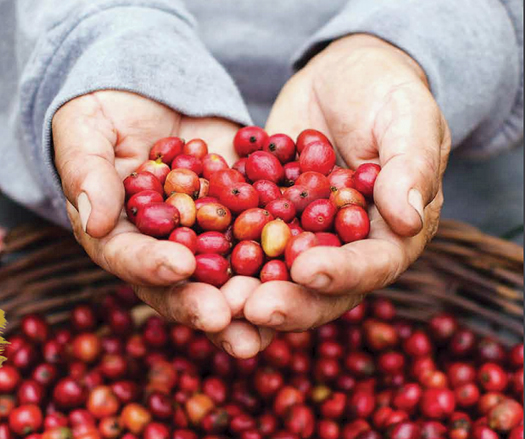A Swiss food and beverage manufacturing giant expressed confidence it can source more coffee from local producers following the good showing of a project in Mindanao.
Ruth Novales, vice president for corporate affairs of Nestle Philippines, said the company’s Project Coffee+ , first launched in 2018, has resulted in significant coffee yield improvements in the region which produces more than 70 percent of the country’s coffee.
In a briefing in Quezon City yesterday, Novales said the project is currently operational in Bukidnon and Sultan Kudarat where it has raised average production levels to 477 kg. per hectare (ha) from the previous average of 235 kg. per ha.
The project has also tripled the areas’ previous baseline average net farm income of P30,512 to P90,211.
“Under Project Coffee+, some 1,500 farmers wherein 980 are in the province of Sultan Kudarat and 520 in Bukidnon are undergoing training, mainly in agronomic practices such as grafting, pruning, rejuvenation and organic and inorganic fertilization,” Novales said.
The project aims to increase coffee yield in these areas to as high as 1 metric ton per hectare.
The project, which will wrap up this year, is co-financed by a P100-million fund from Nestle and the German Corp. for International Cooperation GmBH.
Nestle Philippines currently imports half of its coffee bean requirements due to limited supply in the country.
“There is a big difference of just letting the farmers to plant compared to mentoring them as well. What we want is to have ample production here in the Philippines rather than importing so the effort is really a combination of technology transfer and their adaption of the techniques that we are teaching,” Novales added.
At present, Nestle Philippines sources all of its local coffee bean requirements from Mindanao.
The company is also on the lookout for possible sources in Luzon and Visayas.
According to data from the Philippine Statistics Authority, the country produced 60,312.76 metric tons (MT) of coffee in 2018, of which 42,070.88 MT is the Robusta variety; 13,706.19 MT Arabica; 4,039.32 MT Excelsa and; 496.37 MT Liberica.




